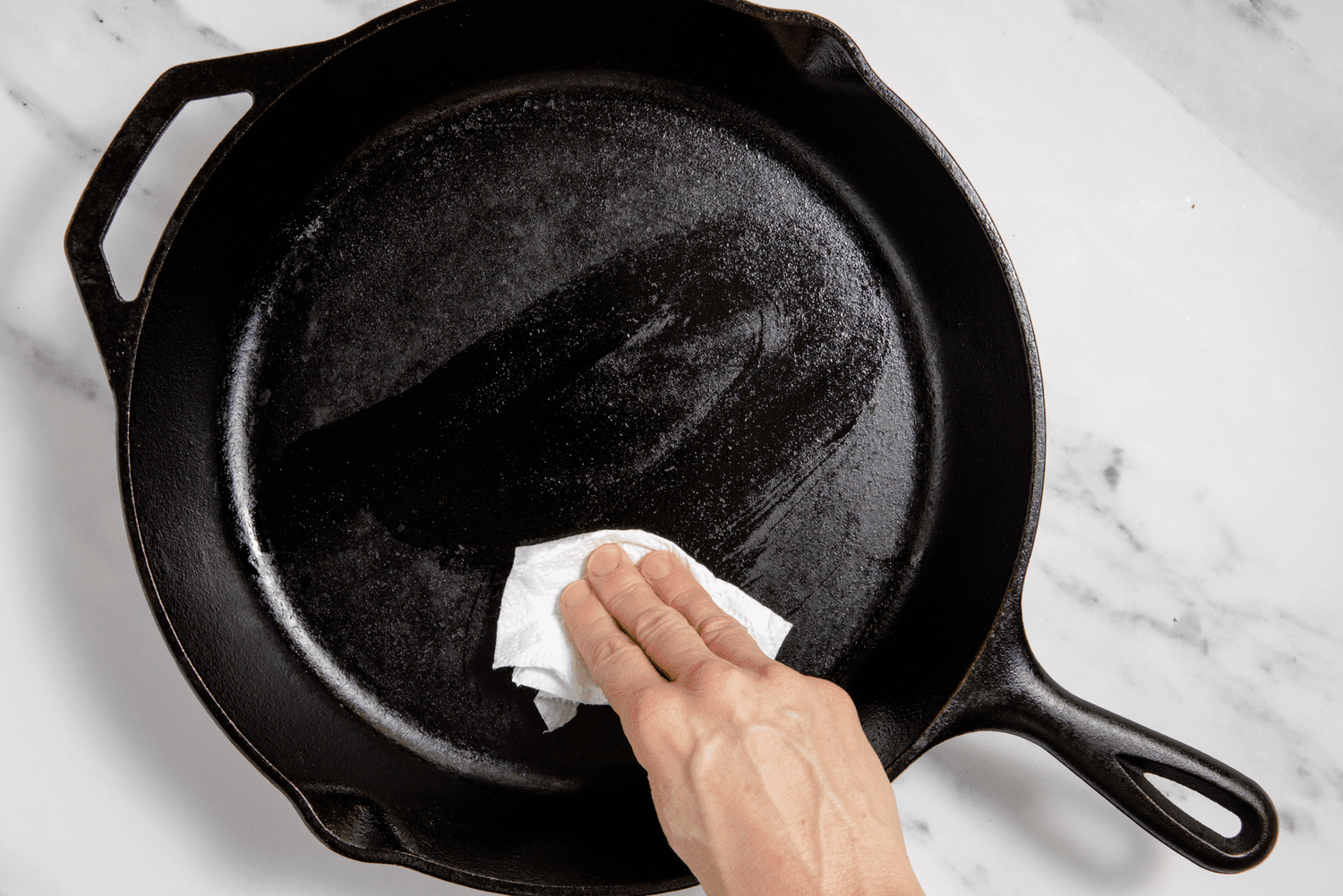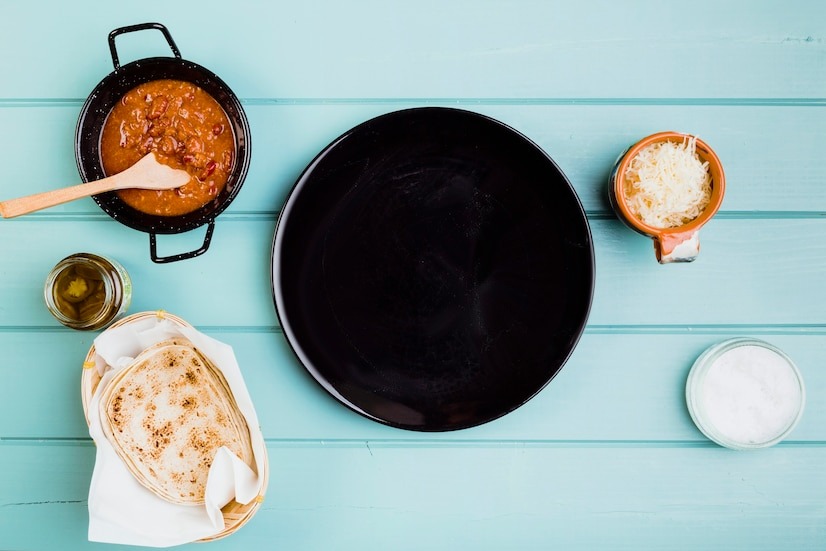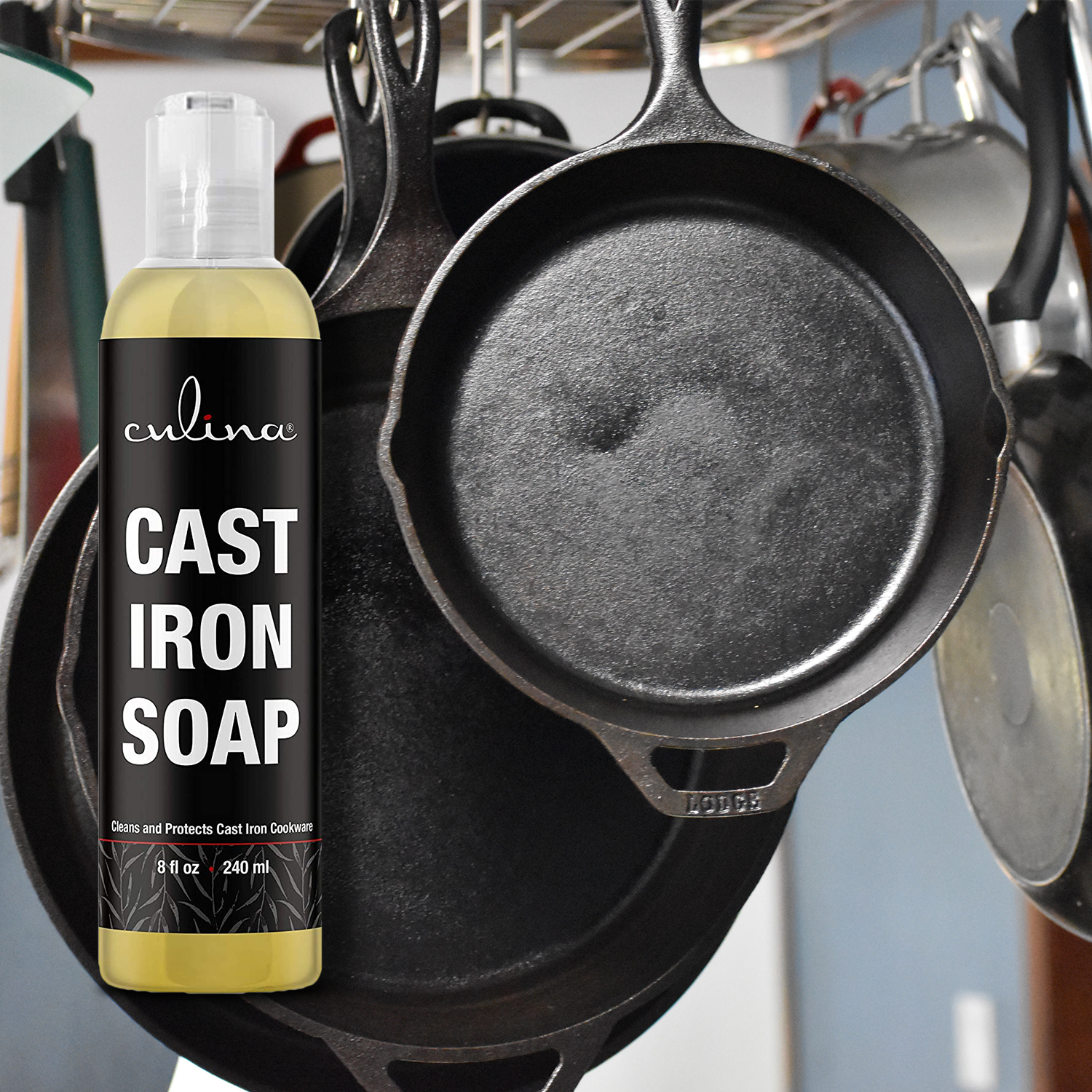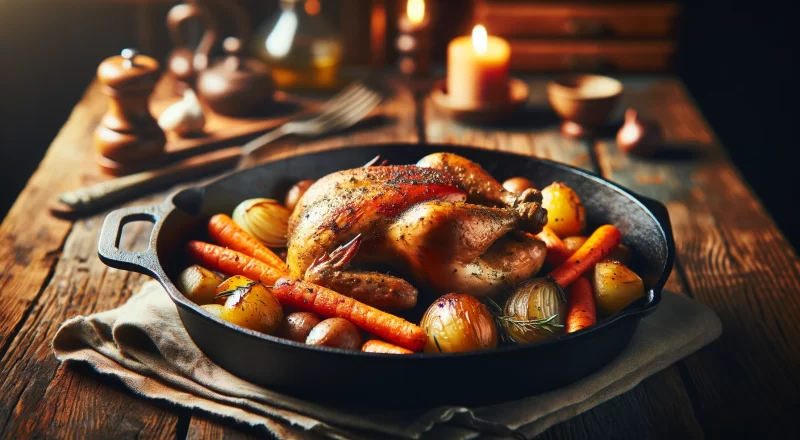
Introduction
Are you ready to elevate your culinary skills and impress your family and friends with a delightful seafood dish? Look no further than cooking scallops in a cast iron skillet. This method brings out the natural sweetness and delicate texture of the scallops, making them a perfect treat for any occasion. In this guide, we’ll cover everything you need to know about how to cook scallops in a cast iron skillet, from selecting the right scallops to mastering the cooking techniques.

Why Choose Cast Iron Skillet?
Cast iron skillets are renowned for their even heat distribution and excellent heat retention. This makes them ideal for searing scallops to achieve that perfect golden-brown crust. Moreover, cast iron adds a rustic charm to your kitchen and is incredibly durable, lasting for generations with proper care. If you want to learn more about maintaining your cast iron skillet, check out this guide.

Choosing the Right Scallops
The first step in cooking delicious scallops is selecting the right ones. Here are some tips:
Fresh vs. Frozen
Fresh scallops are ideal, but frozen ones can work just as well if handled properly. When buying fresh scallops, ensure they have a clean, sweet smell and are slightly translucent. For frozen scallops, thaw them slowly in the refrigerator for the best texture.
Dry vs. Wet
Opt for dry-packed scallops over wet-packed ones. Wet-packed scallops are treated with chemicals that can affect their taste and texture, while dry-packed scallops retain their natural flavor and tenderness.

Preparing Your Scallops
Before cooking, it’s essential to prepare your scallops correctly:
Rinse and Pat Dry
Rinse the scallops under cold water to remove any sand or grit. Gently pat them dry with paper towels to ensure a good sear.
Removing the Side Muscle
Scallops have a small, tough side muscle that should be removed before cooking. Simply pull it off with your fingers.
Seasoning Scallops
Seasoning scallops is simple yet crucial for enhancing their flavor. Sprinkle them with salt and pepper just before cooking to retain their moisture.
Heating the Cast Iron Skillet
Preheating your cast iron skillet is a vital step:
Medium-High Heat
Place the skillet on the stove over medium-high heat. Allow it to heat up for a few minutes until it’s thoroughly hot.
Testing the Heat
To test if the skillet is hot enough, sprinkle a few drops of water on the surface. If they sizzle and evaporate instantly, the skillet is ready.
Cooking Scallops: Step-by-Step
Now, let’s dive into the cooking process:
Step 1: Adding Oil
Add a high smoke point oil, such as vegetable oil or clarified butter, to the hot skillet. Swirl it around to coat the surface evenly.
Step 2: Placing the Scallops
Gently place the scallops in the skillet, leaving space between each one. Avoid overcrowding, as this can cause steaming instead of searing.
Step 3: Searing
Allow the scallops to cook undisturbed for about 2-3 minutes on each side. You’ll know they’re ready to flip when they develop a golden-brown crust and easily release from the skillet.
Step 4: Basting
For added flavor, you can baste the scallops with melted butter, garlic, and herbs during the last minute of cooking.
Serving Suggestions
Scallops are incredibly versatile and can be paired with various side dishes:
On a Bed of Greens
Serve the scallops on a bed of mixed greens drizzled with a light vinaigrette for a refreshing and healthy meal.
With Pasta
Pair scallops with pasta and a creamy sauce for a rich and indulgent dish that’s sure to impress.
With Risotto
Scallops atop a creamy risotto create a luxurious and satisfying combination.
How to Clean Your Cast Iron Skillet
Properly cleaning your cast iron skillet is essential for its longevity:
Simple Cleaning
After cooking, use a stiff brush and hot water to clean the skillet. Avoid using soap, as it can strip the seasoning. For more detailed cleaning tips, refer to this guide.
Re-seasoning
If your skillet starts to lose its non-stick properties, you may need to re-season it. Coat it with a thin layer of vegetable oil and bake it in the oven for an hour at 350F. For a complete guide on seasoning, visit this external link.
Common Mistakes to Avoid
Here are some common mistakes to watch out for when cooking scallops:
Overcooking
Overcooked scallops become tough and rubbery. Be sure to follow the recommended cooking times.
Using Cold Scallops
Allow the scallops to come to room temperature before cooking to ensure even cooking throughout.
Inadequate Pat Dry
Moist scallops won’t sear properly. Make sure to pat them dry thoroughly before seasoning.
FAQ
1. Can I use a non-stick pan instead of a cast iron skillet?
While you can use a non-stick pan, a cast iron skillet offers better heat retention and a superior sear, resulting in more flavorful scallops.
2. How do I know if the scallops are done?
Scallops are done when they are opaque and firm to the touch. They should also have a golden-brown crust on both sides.
3. What type of oil is best for cooking scallops?
Use a high smoke point oil such as vegetable oil, canola oil, or clarified butter to sear scallops to perfection.
Conclusion
Now that you know how to cook scallops in a cast iron skillet, you can create a mouthwatering seafood dish that will delight your taste buds and impress your guests. Remember to choose the right scallops, properly prepare them, and follow the cooking techniques for the best results. Enjoy your delicious scallops, and happy cooking!
As an Amazon Associate, I earn from qualifying purchases.

